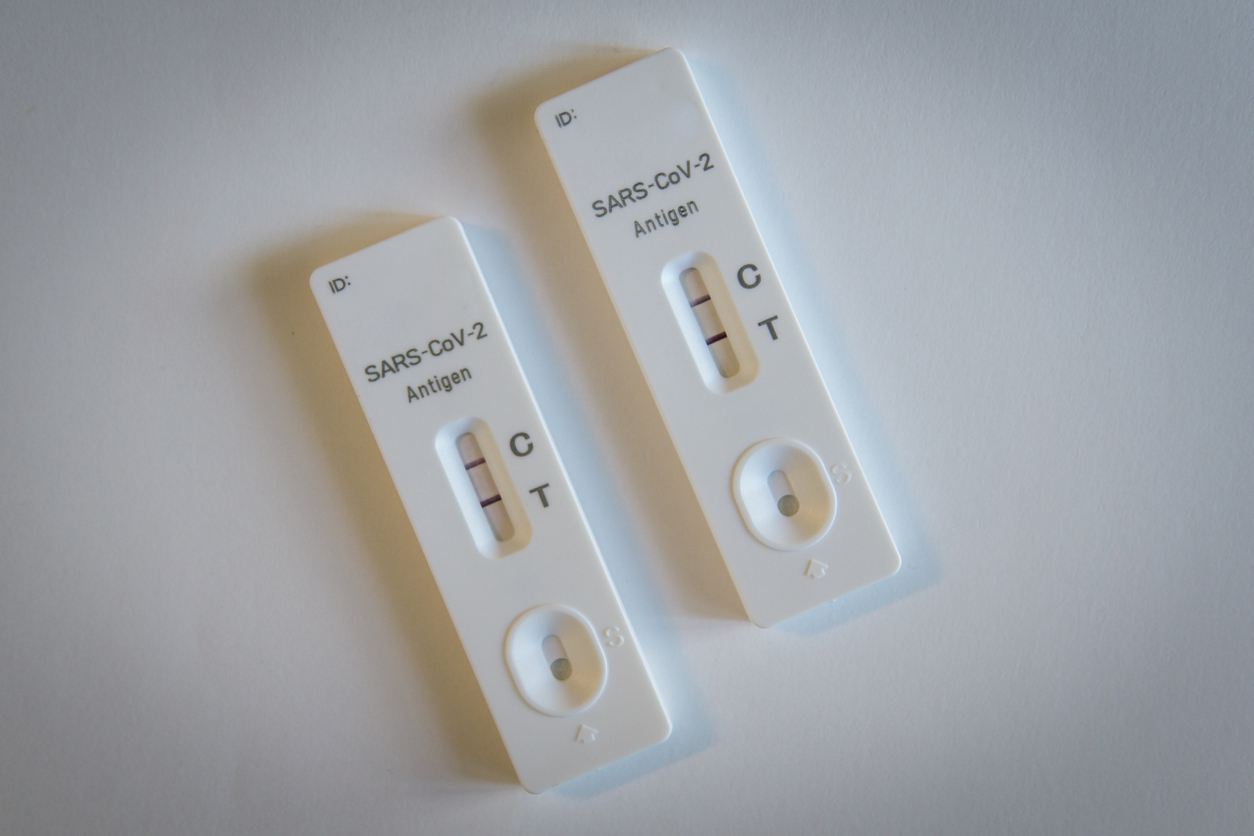Improving Pregnancy Outcomes for Women on Dialysis or with a Kidney Transplant
New research suggests that pregnancy outcomes are improving for women on dialysis or with a kidney transplant. Hayet Baouche, MPH, of APHP-Necker-Enfants Malades Hospital, REIN Registry in Paris, France and colleagues reported in Clinical Kidney Journal that from 2010 – 2020, the frequency women on dialysis becoming pregnant increased. There was a decrease in hypertensive disorders of pregnancy and polyhydramnios, as well as lower rates of neonatal and perinatal deaths compared to previous decades, likely attributed to advancements in obstetric and neonatal care, and progress in fetal monitoring and dialysis treatments. A systematic review of 14 retrospective and prospective studies [...]










